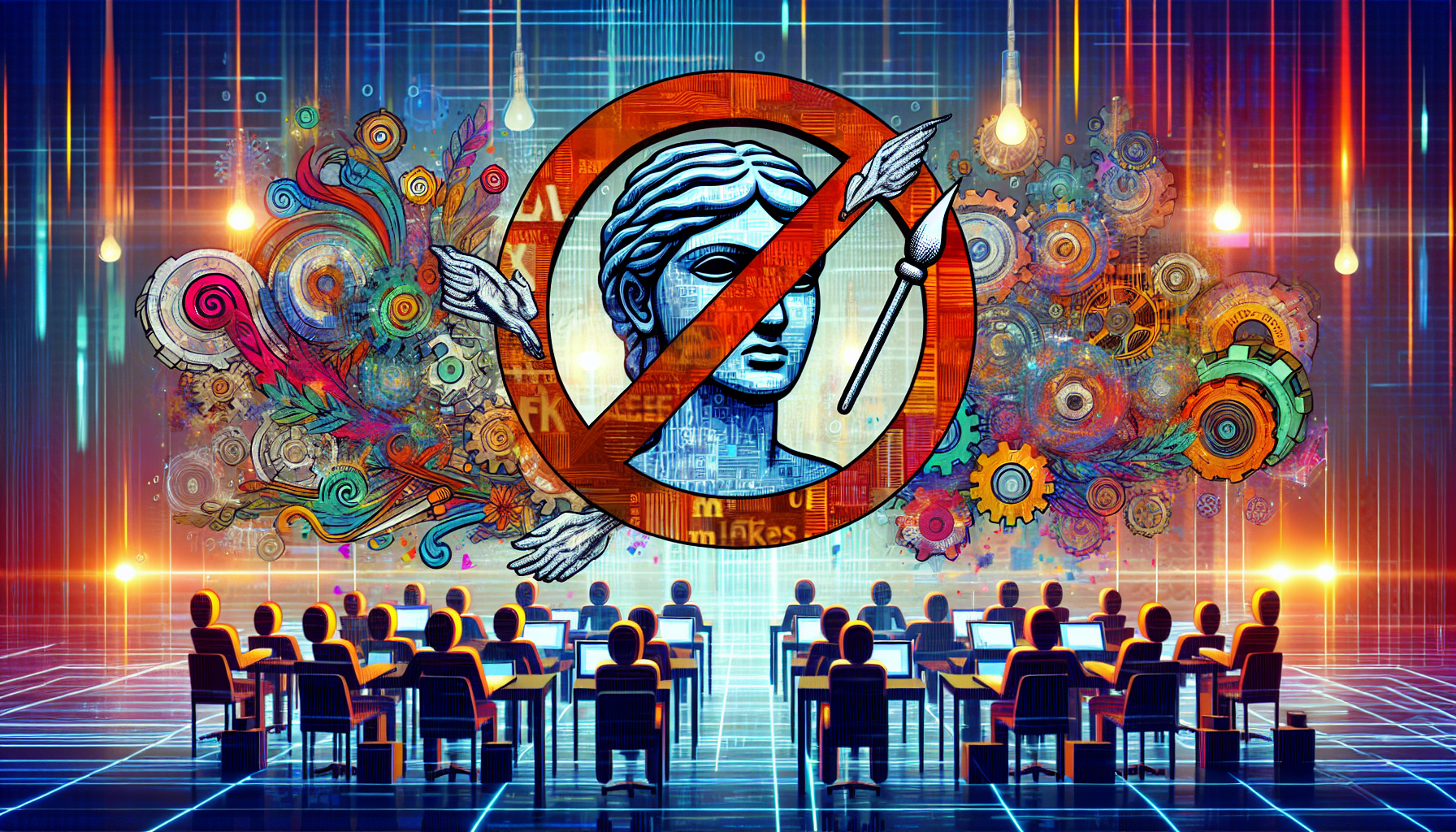
Rising From the Muck: The NO FAKES Act in Action
The NO FAKES Act burst onto the scene on July 31, 2024, like a superhero in a summer blockbuster, with a bipartisan backing rare enough to be considered a unicorn. Senators Chris Coons (D-DE), Amy Klobuchar (D-MN), Marsha Blackburn (R-TN), and Thom Tillis (R-NC) joined forces, proving that when it comes to protecting individuals from unauthorized AI shenanigans, even sworn political enemies can get along. This act did more than throw a curveball at dodgy AI practices—it pitched a whole new game.
The NO FAKES Act aims to give a great big ‘nope’ to unauthorized AI-generated recreations of personal likenesses and voices. Picture it: your best friend’s golden pipes being snagged for a jingle selling cat food, or your own face ending up in an unexpected cameo in a viral meme. This legislation ensures you won’t be blindsided by AI mimics, making unauthorized uses of your voice and likeness as outdated as dial-up internet.
If You’ve Got an Ally, FLAUNT IT
Every hero needs a sidekick, and the NO FAKES Act has a league of extraordinary supporters. From SAG-AFTRA, the Recording Industry Association of America, to the bigwigs like Warner Music Group and Universal Music Group, along with tech titans OpenAI and IBM—all have thrown their weight behind this bill. With endorsements from such a veritable who’s who of entertainment and tech entities, it’s hard not to take this legislation seriously.
Despite its iron-clad stance, the bill isn’t a heartless machine. It carves out exceptions for digital replicas wielded in the public interest—think commentary, criticism, satire, or parody where no reasonable person is duped into believing it’s the real McCoy. So, if you’re planning that satirical YouTube channel featuring a deepfake dance-off between historical figures, rest easy. Just remember, fleeting or negligible uses are also given a spy-pass through this legal minefield.
The Fist of Justice and the Legal Labyrinth
If you find your digital doppelgänger running amok, the NO FAKES Act has your back with a liability system that’s as tight as your grandma’s hug. Unauthorized producers and distributors face a catwalk of consequences—damages stretching from $5,000 to $25,000 or reaping all their ill-gotten gains. And then there’s the takedown system, a nifty homage to DMCA’s approach, where online providers need to yank or block unauthorized replicas faster than you can binge-watch a season of Stranger Things.
And for those out there skating on the edge, know this—the bill’s protection blankets everyone, living or pushing up daisies. So, even if you’re channeling Marilyn Monroe’s sultry whispers, unless you’ve got her estate’s consent, you’re courting trouble. You’re not off the hook simply by slapping on a disclaimer either—actual knowledge of producing an unauthorized replica triggers the liability that bids you ‘goodnight and good luck.’ Further, the NO FAKES Act’s federal preemption overthrows state laws like a victorious revolution, leaving only slivers of specific exceptions. With this act, the entertainment and music world might just be stepping into a globally acclaimed rulebook for protecting those shimmering stars from the dark arts of AI deepfakes.






